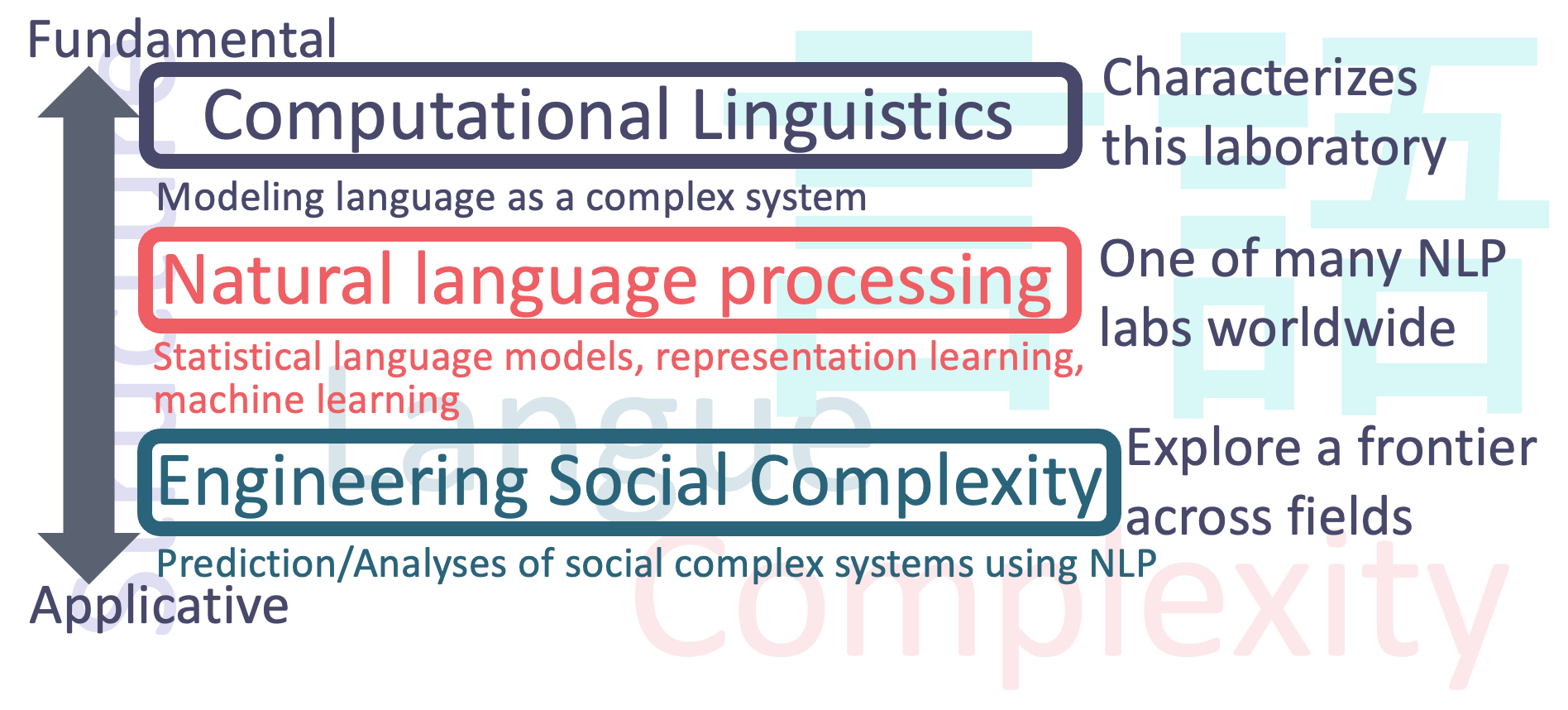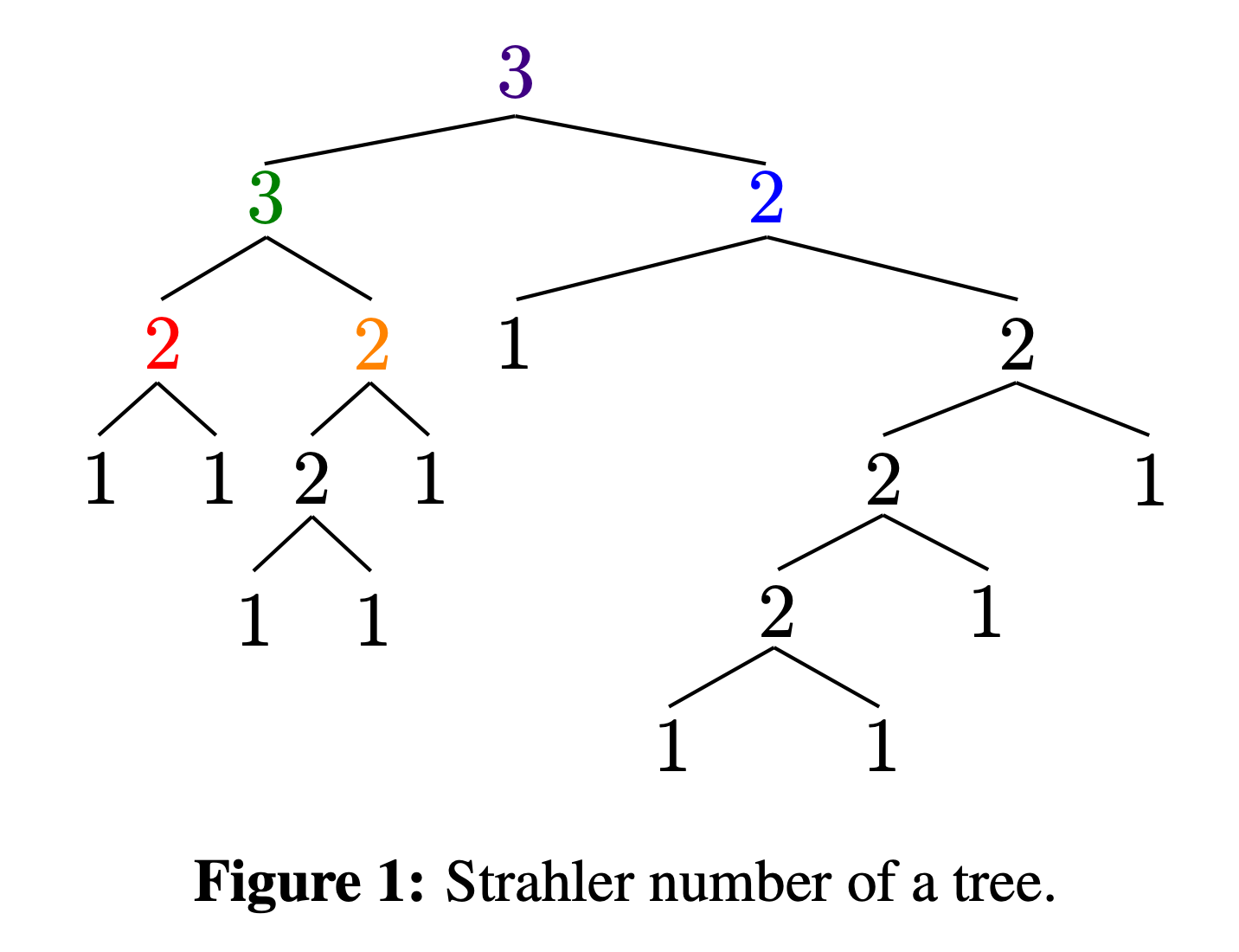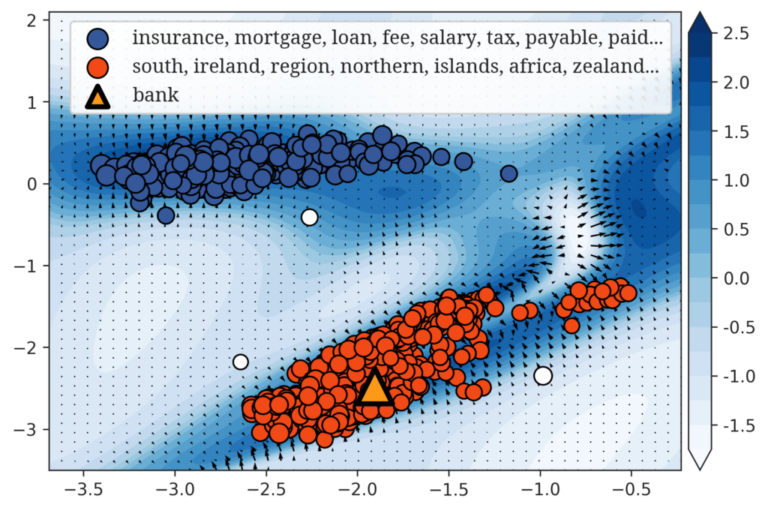Heading Large language models (LLMs) have achieved remarkable progress in naturallanguage generation, yet they continue to display…
Mathematical Modeling of Natural Language and Machine Learning
We study mathematical properties of natural language by using the theory of complex systems. The relation between linguistic structure (such as words and grammar) and large-scale properties is investigated from the perspectives of fractals and chaos. Mathematical models of language that reproduce such understanding are explored and are applied to natural language processing. Language has properties in common with other large-scale social systems, such as finance, law and communication networks. We explore new ways of engineering these social systems by using texts and computing with large-scale resources.
Natural Language as a complex system
Computional linguistics and study of natural language by using the theory of complex systems
- Statistical properties of language
- Methods for measuring non-stationarity and long memory underlying language
- Scaling properties of language
- Quantification of complexity of language
- Mathematical modeling of tree structure (syntax) of language
Mathematical language models
Mathematical language models and computational representations of language structure
- Language models that reproduce statistical properties of language
- Embeddings that encode scaling properties
- Mathematical relation between long memory and grammatical structure
- Deep learning methods for sequences with complex properties
- Generative document retrieval and language models
Social complex systems via texts
Analysis and prediction of social complex systems via texts
- Embedding methods for social complex system entities
- Deep learning methods for financial time series by using texts
- Jurimetrics and legal text processing
- Application of knowledge graphs



